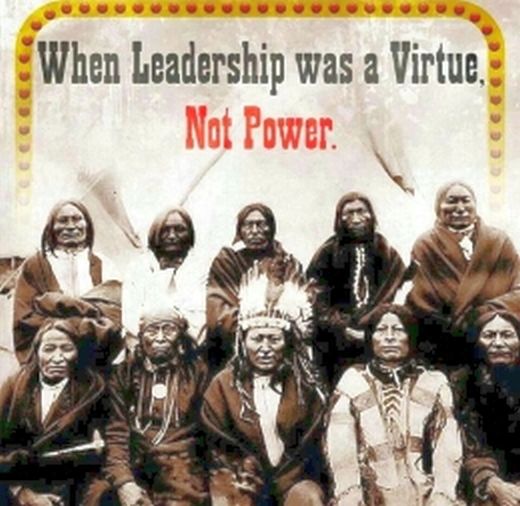
Useem. Wolfe. Mills.
The political concerns of members of the corporate elite are affected by three competing principles. These principles have fundamentally different implications for the ways in which business managers participate in policy formation.
The upper class principle asserts that the corporate elite is drawn from a social network of established weal,thy families, which share a distinct culture, occupy a preeminent social status, and are unified through inter-marriage and common experience in exclusive settings ranging from boarding schools to private clubs.
The corporate principle suggests that a senior manager’s primary political concern is not with the interests of his or her family, but with the welfare of the corporation. Upper class allegiances are largely incidental, since any family loyalties have long since become faint by comparison with the executives’ single-minded drive to advance the interests of their respective firms. By implication, corporate leaders enter politics primarily to promote conditions favorable to the profitability of their own corporations.
The classwide principle asserts that top corporate managers are more influenced in their political thinking by their position in a set of interrelated networks transecting large corporations. Acquaintanceship circles, interlocking directorates, webs of interfirm ownership, and major business associations are among the central strands of these networks. Michael Useem, The Inner Circle and the Political Voice of Business. in The Structure of Power in America: The Corporate Elite As A Ruling Class. Edited by Michael Schwartz. 1987.
Fascism has elements in common with both liberalism and conservatism because they are all political forms of capitalism. It is because all three ideologies rationalize societies that allow wealth and power to be concentrated into the hands of few that antiradicalism becomes policy, that social control over the majority of the population is needed, that the economy re4mains in private hands, and that systemic modes of thinking are discredited. But there are differences. Conservatism is associated with a form of capitalism that no longer exists. Liberalism is associated with a state that developed in countries with a tradition of representative democracy. Fascism, then, is caused not because of the needs of monopoly capitalism, but because of the needs of monopoly capitalism in specific (antiliberal) traditions. Alan Wolfe, The Seamy Side of Democracy (Second Edition): Repression in America. 1978.
By an occupation we understand a set of activities pursued more or less regularly as a major source of income.
From the individuals standpoint, occupational activities refer to types of skills that are marketable. As specific activities, occupations thus (1) entail various types and levels of skill, and (2) their exercise fulfills certain functions within an industrial division of labor.
As sources of income, occupations are thus connected with class position. Since occupations also normally carry an expected quota of prestige, on and off the job, they are relevant to status position. They also involve certain degrees of power over other people directly in terms of the job, and indirectly in other social areas. C. Wright Mills, Power, Politics, and People: The Collected Essays. 1963.














